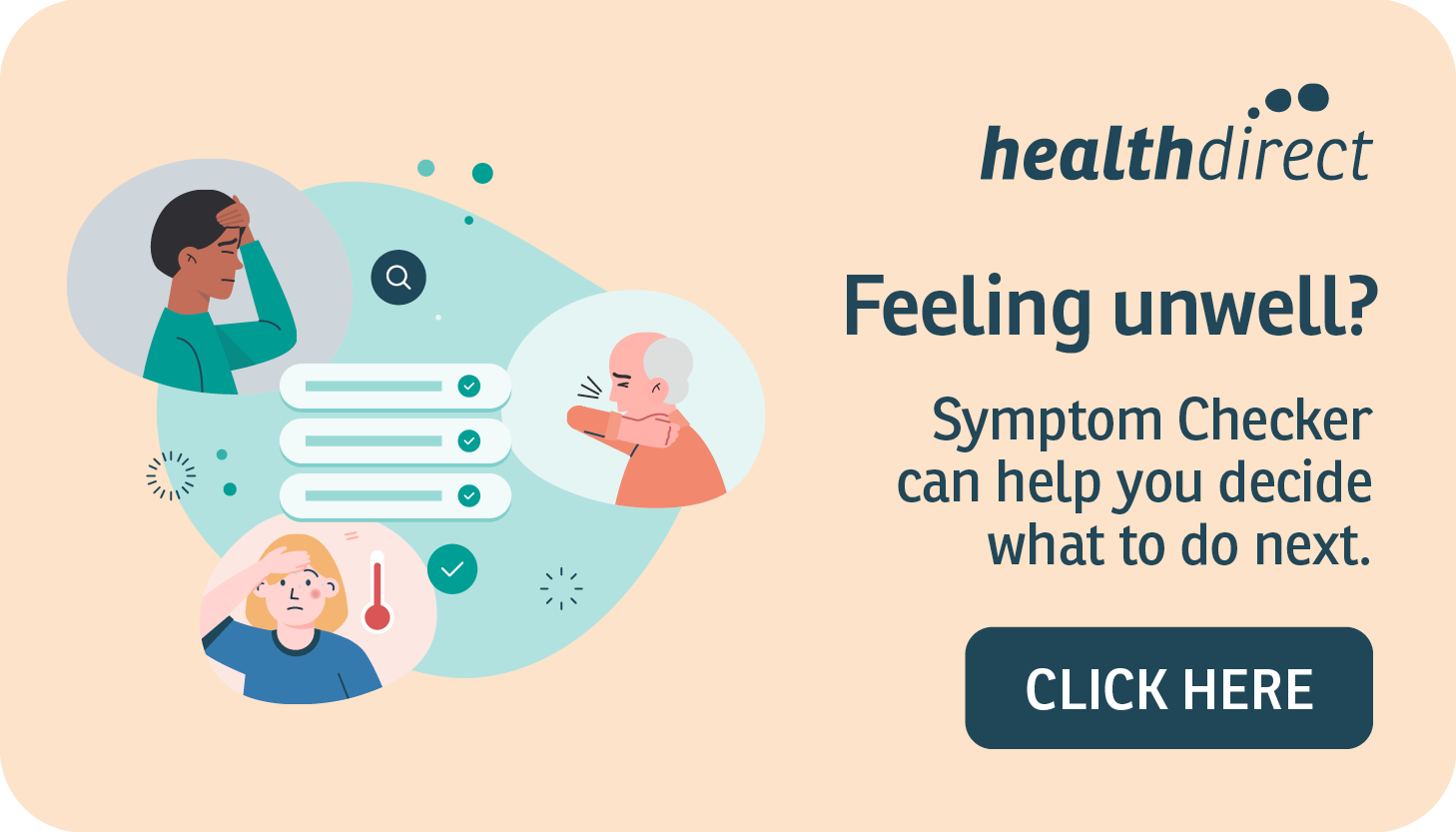
Symptoms of PNDA
Some anxiety, worries and changes in eating and sleeping routines are normal aspects of adjusting to parenthood. However, if a parent is experiencing several of these symptoms listed below over a two-week period or more, they may be experiencing perinatal depression or anxiety (PNDA).
Symptoms of PNDA
- Reduced joy in activities that previously brought enjoyment
- Memory, concentration or difficulty making decisions
- Increased irritability or reactivity to others
- Physical symptoms that were not previously present such as heart palpitations, chest tightness, headaches, body tension, sweaty hands, tingling, shortness of breath, stomach aches
- Sleep and appetite disturbance
- Feeling numb, hopeless or despairing about the future
- Feeling separate, remote or withdrawn from family and friends
- Feeling out of control or ‘crazy’
- Feeling like they are not coping
- Sleep disturbance, including being unable to rest when the baby is sleeping, difficulty getting to sleep, or difficulty getting back to sleep after baby has resettled
- Nightmares and/or flashbacks of upsetting birth events
- Avoiding situations that remind them of the birth
- Scary, unwanted, recurrent thoughts or images of something bad happening to them, their baby or others
- Frequent feelings of worthlessness or excessive guilt
- Frequent grief, loss, tearfulness
- Fatigue and loss of energy
- Feeling more angry than usual or experiencing frequent angry outbursts that are out of character
- Repetitive negative thought patterns, often including harsh self-criticism
- Regular anxiety about the need to stick to rigid routines
- Recurrent thoughts of suicide, wanting to die, wanting to escape, or thinking about going to bed and never waking up
If a new parent is experiencing a number of these symptoms for two weeks or more, or they are concerned about any of these symptoms, then it is important they talk to a GP, midwife, or other health professional.
Contributing and protecting factors
Why do we experience PNDA?
The transition to parenthood is a time of huge change, and can place significant pressure on individuals, while also increasing demands on the emotional, physical and material resources of the whole family. If these challenges begin to cause clinically significant distress, urgent attention and professional health care is recommended.
Mental illness does not discriminate, and everyone is vulnerable to PNDA, including first time parents, parents from any socioeconomic and cultural background, non-biological parents and other carers such as foster/adopted parents. In Australia, 1 in 5 women and 1 in 10 men will experience some form of perinatal depression and anxiety.
PNDA is caused by a combination of biological, psychological, social and cultural factors.
Vulnerabilities that increase risk of PNDA
- Past or current personal/family history of mental health problems or substance use issues
- Past or current trauma, abuse or other stressful experiences
- Relationship difficulties and social isolation
- Unresolved losses or abuse from childhood
- Compromised attachment from parents, particularly from mothers in childhood
- Previous perinatal loss, or conception difficulties
- Birth of twins or multiples
- Financial difficulties and limited access to social and practical supports
- Lack of cultural support and understanding
- LGBTQI+ parents, who face discrimination and lack of support
- First Nations parents, or those from culturally or linguistically diverse backgrounds with limited access to culturally appropriate support systems
Protective factors to prevent or recover from PNDA
- Reliable, safe and consistent support, particularly from a partner or close family member
- Adaptive coping strategies, including emotional awareness and regulation, capacity to self-care and tolerate distress
- Consistency of care, and collaboration in decision making during pregnancy
- Financial security
- Help-seeking behaviours and access to appropriate resources/services
- Supportive workplace arrangements
Any new or expectant parent can be affected by PNDA, even in the absence of risk factors and presence of protective factors. Reach out to a trusted friend, family member or health professional to get the right support.
Other helpful resources

.jpg)



.png)

